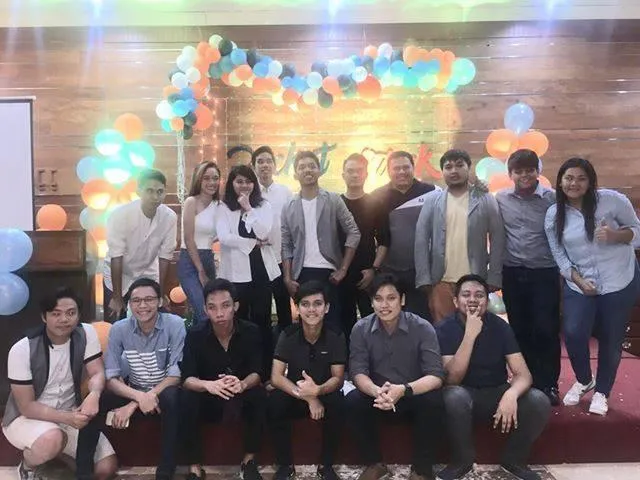
How I Learned That Success Isn’t About Headcount — It’s About Product
Why I Stopped Hiring to Sell Skills, and Started Building Products
For years, I thought hiring more people meant growing a real business. It felt fulfilling to give opportunities, train young talent, and build a team that could deliver quality work for clients. I’ve always loved helping people grow into their potential—especially fresh graduates with raw skill and fire to learn. But over time, I realized something deeper: I was selling people’s skills, not building a product.
The Trap of Skill-Based Businesses
When I ran my agency, I had designers, developers, editors—you name it. We delivered marketing, creative, and tech services to other businesses. But that business model had a silent trap: it relied on the team’s individual talents. Every time I lost a key person, part of the company’s value disappeared with them.
One story that stuck with me came from a book about a Michelin-star restaurant. For twenty years, they stayed in the top five. But when the head chef fell ill and retired, the restaurant lost its flavor—literally and figuratively. Their five-star reputation vanished overnight. The business was built on a person, not a product.
That hit me hard. I realized my own business worked the same way.
The Illusion of Team Size
Entrepreneurs often equate success with headcount. The more staff, the more legit the company looks. But here’s the truth I learned the hard way: a big team doesn’t mean a big business.
If you can’t thrive as a one-person company, what makes you think you can lead a team of twenty? Scaling people only multiplies complexity. Leadership, training, communication—it all eats your time. Soon, you’re managing humans instead of building value. You feel busy, but not productive.
It wasn’t until I earned the same income without my team that I understood: size doesn’t equal success. Clarity does.
From Hiring for Service to Hiring for Product
Now, I hire differently. I only hire to build or support a product, not to sell someone’s skill set. The old way of thinking was: “I’ll hire a designer, then sell design work.” The new way is: “I’ll build a design product, then hire designers to improve or support it.”
When your product becomes the focus, the team becomes the foundation that builds something lasting—not something that vanishes when one person leaves.
So today, I only hire when:
A product already exists and needs maintenance or scaling.
There’s a clear customer demand that justifies team expansion.
The role directly builds or improves the product’s delivery, not just labor output.
The Power of Leverage and Automation
We live in the age of AI and automation. You can talk to thousands of people with one well-made video. You can deliver customer support through systems. You can train once and replicate endlessly. If you can solve a problem without hiring, do it.
Hiring should be a last resort for scale, not the first move for growth.
Building a Legacy Company
A business built on human skill is fragile. A business built on product, process, and system is enduring. If you want your company to last 30, 50, or even 100 years, its core value must live outside any one person’s talent.
That’s why I stopped hiring to sell skills. I hire now to build something that can outlive me.
And that shift—from people-based service to product-based system—changed everything about how I see success.
